‘It was either tits or death’: Transgender BBC radio presenter Stephanie Hirst opens up about transition
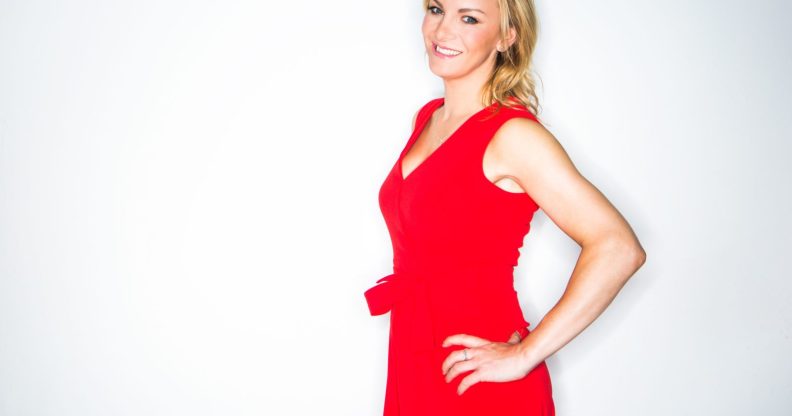
BBC radio presenter Stephanie Hirst has opened up about taking hormones and undergoing gender confirmation surgery.
The popular Yorkshire radio presenter, who previously hosted the Hirsty’s Daily Dose breakfast show on Capital FM Yorkshire, abruptly left the airwaves when she came out as trans in 2014.
She made her full-time comeback to radio this year on rival station BBC Radio Leeds, as host of The Stephanie Hirst Show.
Hirst stripped off this week for an interview with BBC Radio Sheffield’s Naked Podcast – baring all for a body-positive discussion about her transition.
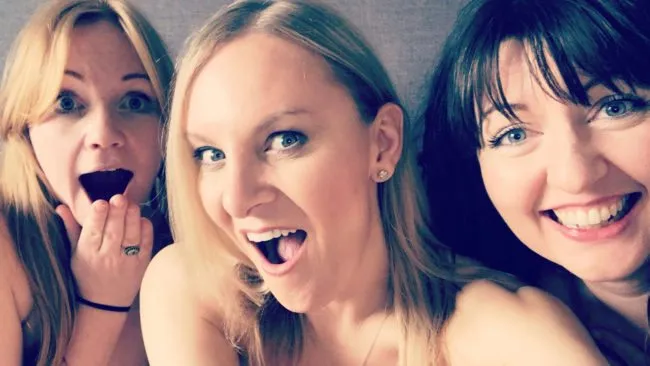
The radio presenter spoke candidly about the medical procedures she had gone through, explaining: “I wanted to pay private for the surgery, because I could, and that would free up another place in the system for the surgery for someone who is less fortunate than myself, because I could afford it.
“For people who get on their high horse and say the NHS shouldn’t be funding gender reassignment surgery, I understand people’s misconceptions, but it saves money because it improves your life so much.
“That surgery, that whole process, saved my life, and you can’t put a price on that.
She added: “It was either tits or death. I was going to kill myself, and there are several times I very nearly did it. I’m so glad I didn’t.”
Hirst explained: “All you want this body to do is change as quickly as possible. You want the doctor to come along and chop it off, you want all these things to happen really quickly, but actually the pathway is over a period of time, for the right reason.
“It’s actually a lot of change to take on, so people changing their gender medically and surgically very quickly can be quite dangerous, because you’ve got to make sure it’s the right thing for you.”
The host added: “I did [breast surgery] first.
“They grew and I got to a B-cup on my own through hormones, and then I had them done, because I thought I want to look good for at least once in my life – and breasts change your body shape and how you wear clothes and everything.
“Out of every surgery it was the most painful thing. I remember sitting up and thinking, I can’t move. It was agony.”
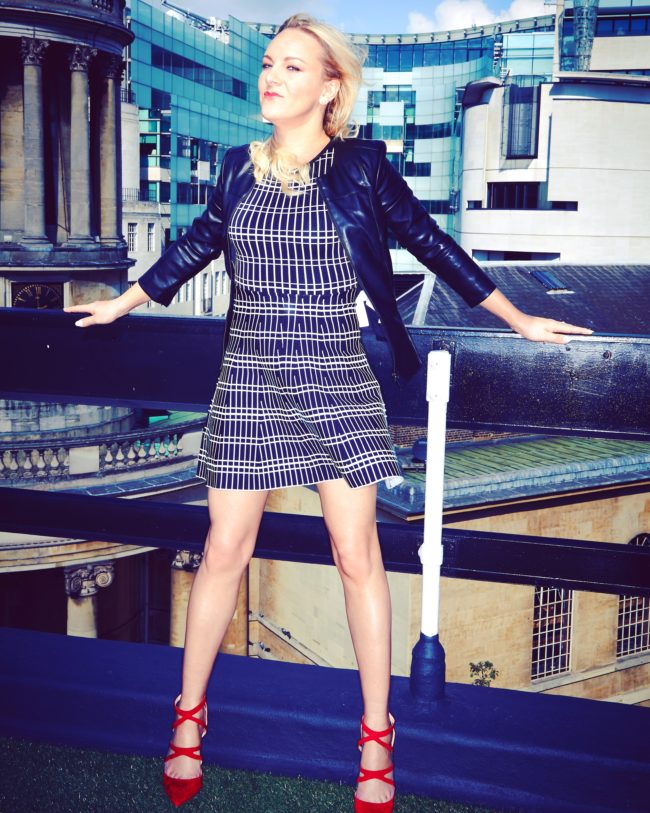
She added: “When I had the [genital surgery] done, some people talk about it as this amazing moment where you’re reborn, but to me there was none of that.
“I had to be at the hospital for 6:30, I went for a wee and said goodbye to it. I eventually went down to theatre and before I knew it I had woken up and [my best friend] Donna was by the side of me.
“That was it. the wow moment for me was [months later] when I was walking from the bedroom to the bathroom, and I caught a vision of myself in a mirror and I was like, ‘I’ve done it, it’s fixed.’ That was my wow moment. I still do have those moments.”
She added: “Before you go home they’ve got to make sure you can wee, and I remember sitting down and having my first wee. It was like, wow! When you wee as a lady there’s a certain high-pitched noise, and mine makes that noise.”
Hirst continued: “I’ve seen a few [vaginas] and they’re all different, but I think it’s alright!
“It all works. That button’s interesting, isn’t it? The tip of the penis is like a big clitoris, so they keep all of the nerve endings and create a new one. I feel lucky and blessed to have lived both genders.
“Orgasm wise, it’s a hundred billion times better. Even when I had a thing, since I started taking estrogen the orgasm changed. Rather than one and done there was lots of waves coming, and it was more intense. After the surgery, when it started to knit back together and you have that first mind-blowing orgasm, that was just the most amazing thing I’ve experienced in my entire life!”
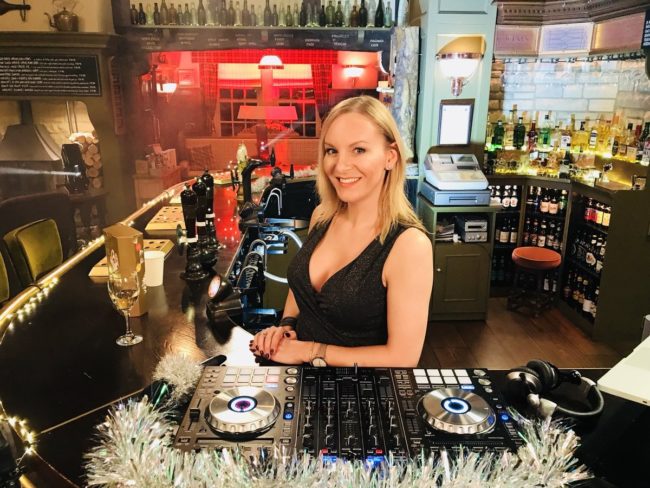
Elsewhere in the interview Hirst opened up about her life prior to transition.
She said: “I knew from a very early age I wasn’t a boy. At infant school, they put me with the boys but I thought I should be with the girls.
“I thought my natural state of comfortableness was female, but I couldn’t vocalise it at the time because you’ve got no words for it at that age.
“I do remember saying to my mum several times that I’m not a boy, but there was no Google, parents didn’t know where to get help. You just got a clip round the ear, ‘now go and play Cowboys and Indians’, and that was it. That’s how I started out for 30 years, and I tried desperately hard.”
She added “As soon as you start school, you learn that being effeminate as a boy is wrong. You just get beaten up by the other boys in class. So I learnt really quickly that you had to toughen up or you got your head kicked in. I didn’t do a very good job of toughening up at all.
“I was bullied for years for just being girly and camp as it was called back then. It was quite unpleasant.
“I went to my GP when I was 17 and said to him that I feel like I’m a girl and his words were: ‘I strongly recommend you don’t take this path in life, you won’t have a successful life, you will lose friends and family and all sorts of stuff.’ That put the fear of God up me. So I retreated and brushed everything under the carpet.”
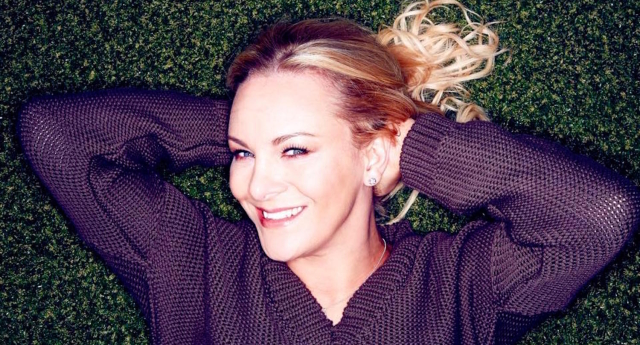
Speaking about dating before transitioning, Hirst added: “I had relationships [with women]. Having to have sex as a man, it repulsed me. I used to have to pretend I was where she was to get me through it. It was just horrible, so, I just stopped and abstained from it.
“I tried it with guys several times and knew I was more attracted to men than women, and now I’m fuelled by oestrogen I’m not really attracted to women at all.
“But I think it’s a soul thing, not about gender.”
Suicide is preventable. Readers who are affected by the issues raised in this story are encouraged to contact Samaritans on 116 123 (www.samaritans.org). Readers in the US are encouraged to contact the National Suicide Prevention Line on 1-800-273-8255.

